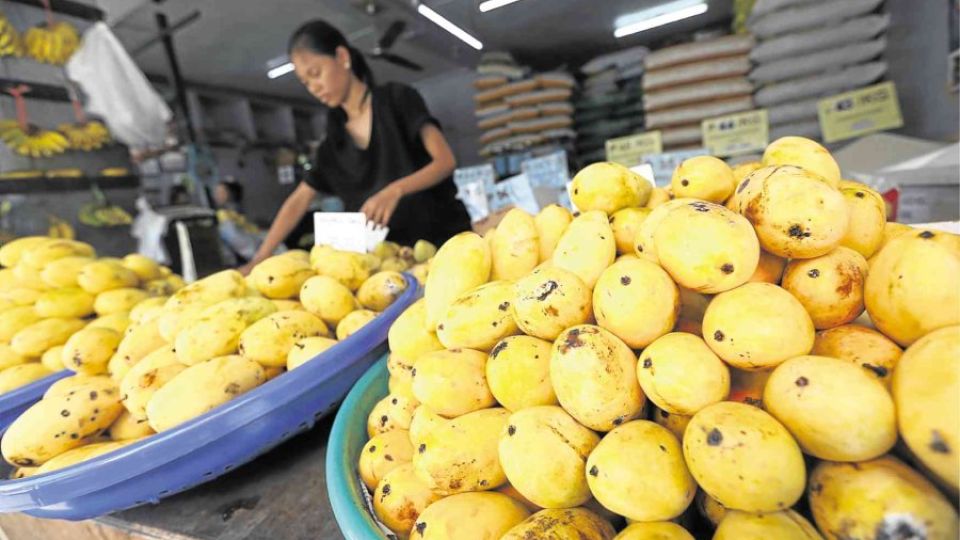August 22, 2023
MANILA -The government is investing in research and development to produce new varieties of mango for the global market, the Philippine Council for Agriculture and Fisheries (PCAF) said.
According to PCAF, the National Sectoral Committee on Fruits and Vegetables had convened stakeholders following the resolution adopted by the Department of Agriculture (DA) on the possibility of providing logistics support to mango exporters.
Jerome Bunyi, officer in charge director of the DA’s Policy Research Services, said there’s a need to improve the skin of carabao mango as well as its shelf life to lessen its perishability and reduce the cost of packaging.
Industry stakeholders raised other concerns during the meeting such as exceedance of importing countries’ maximum residue limits (MRL) or the highest level of residue on food products when pesticides are applied, alongside detection of banned pesticides.
William Mugot, chief of the Bureau of Plant Industry’s Plant Product Safety Services Division, said good agricultural practices were not necessary to overcome the MRL issues.
But Mugot said those would address the quality of the product, food safety, the preservation of the environment and the welfare of farm workers.
Meanwhile, Philippine Center for Postharvest Development and Mechanization (PHilMech) senior research specialist Arlene Joaquin clarified that the mobile elevating work platform (MEWP) also applied to small and hilly mango farms.
Joaquin also said PHilMech was attempting to localize things and encouraging groups of farmers to try the MEWP, an equipment used to reach inaccessible areas (usually at height).
The meeting also tackled the implementation of the mango road map, legislations related to the industry, budget for mango research and development, training and loan windows for mango producers.
According to Bunyi, the Philippine mango is one of the cheapest in the international market despite being considered the best mango in the world.
Local mango output stood at 692,190 metric tons (MT) in the first six months of 2023, up by almost 10 percent from 629,420 MT in the same period last year, data from the Philippine Statistics Authority showed. INQ


